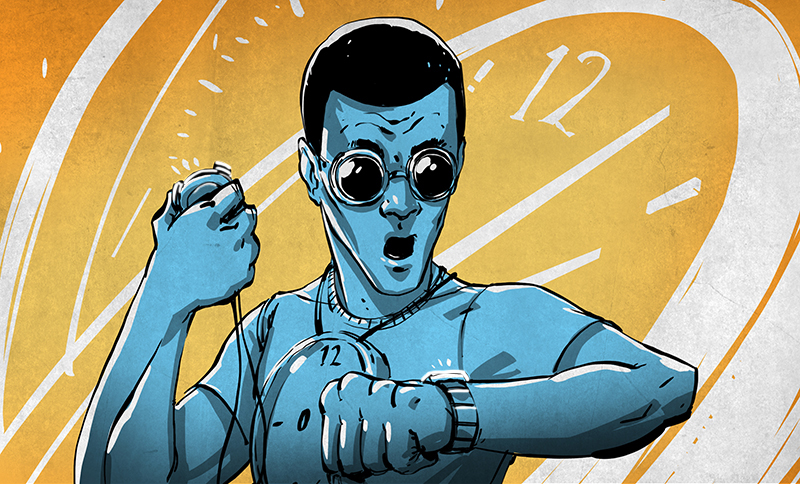Ah, the Epochalypse is upon us! Just when you thought the Y2K panic was a quaint memory tucked away in the annals of tech history, here we are—38 years later—waiting for our Unix systems to throw a tantrum. Picture this: January 19th, 2038, and all hell breaks loose as the clock strikes 03:14:07 UTC. Will our beloved gadgets freeze like a deer in headlights or will they graciously accept their fate? Maybe this time the apocalypse will come with a software update!
Let’s face it, if you survived Y2K, you’ve got this one in the bag. Just make sure to stock up on snacks for the digital doomsday party!
Let’s face it, if you survived Y2K, you’ve got this one in the bag. Just make sure to stock up on snacks for the digital doomsday party!
Ah, the Epochalypse is upon us! Just when you thought the Y2K panic was a quaint memory tucked away in the annals of tech history, here we are—38 years later—waiting for our Unix systems to throw a tantrum. Picture this: January 19th, 2038, and all hell breaks loose as the clock strikes 03:14:07 UTC. Will our beloved gadgets freeze like a deer in headlights or will they graciously accept their fate? Maybe this time the apocalypse will come with a software update!
Let’s face it, if you survived Y2K, you’ve got this one in the bag. Just make sure to stock up on snacks for the digital doomsday party!
1 التعليقات
·0 المشاركات





